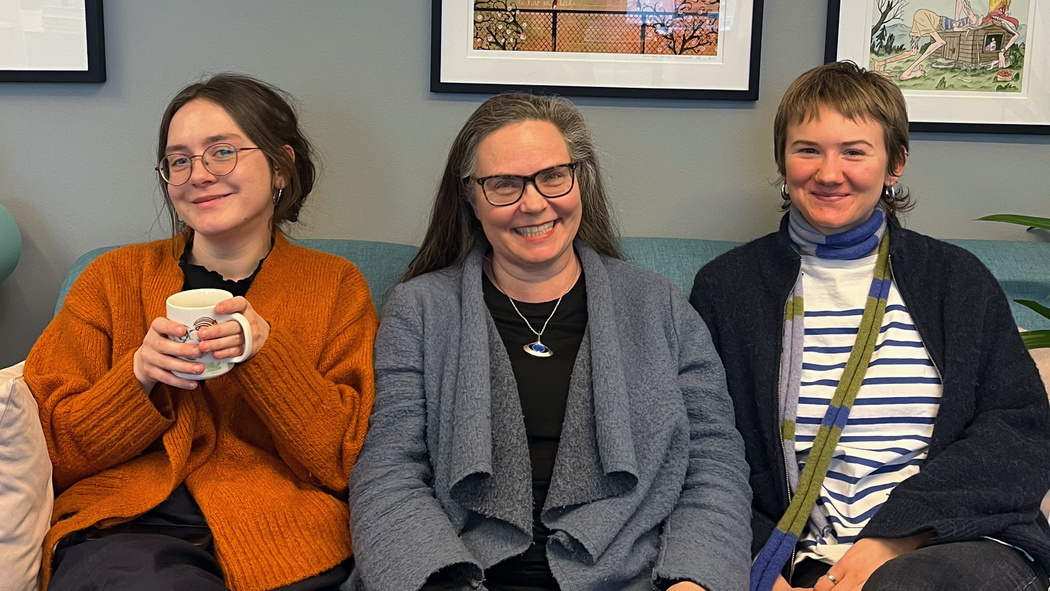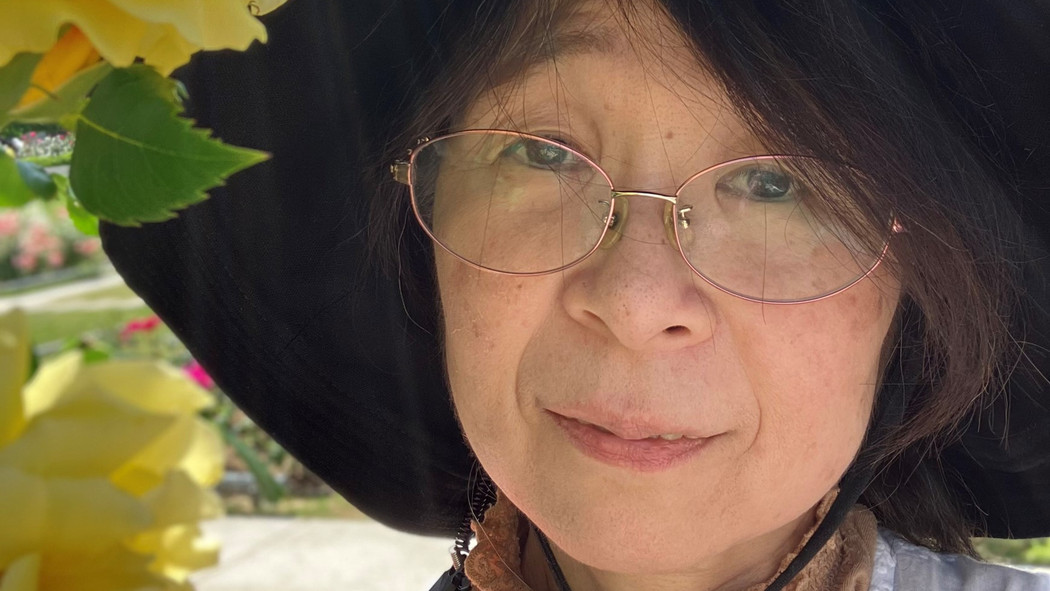Astri Ghosh - Translator of the Month
Our translator of the Month this September is Astri Ghosh, who has made the works of authors such as Henrik Ibsen, Jon Fosse, Qurratulain Hyder and Rabindranath Tagore accessible to readers across linguistic and cultural borders.
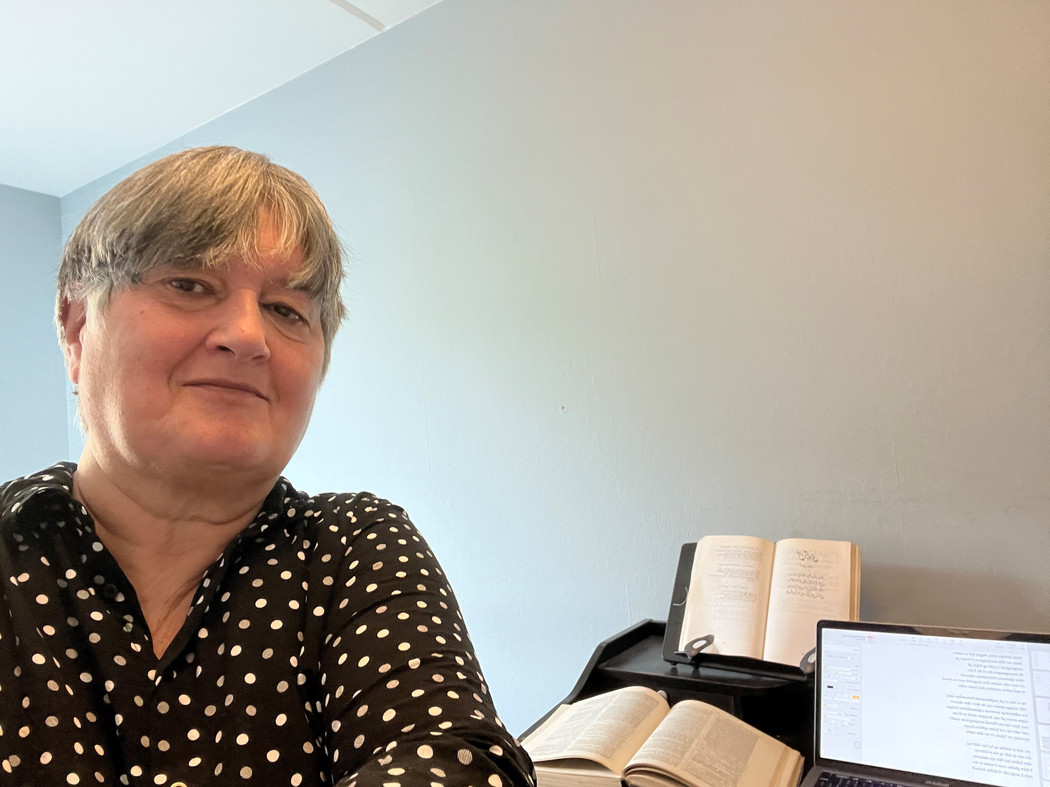
How did you end up translating Norwegian literature?
When I started translating Norwegian literature, I had translated three books into Norwegian. Translating Norwegian books to Hindi is an expensive hobby, as making a living from it is impossible. Like many translators before me, I have had to work at different things to afford to translate books. When the Ibsen Center asked if I wanted to join a project as a translator, I decided to translate full-time. Now, I have translated works by Lars Saabye Christensen, Per Petterson, Henrik Ibsen, and Jon Fosse into Hindi.
Do you work in any other field apart from translation? If so, what is it?
When I was in the 8th grade in New Delhi, we had to write essays about what we wanted to be when we grew up. I wanted to become a journalist, teacher, interpreter or translator. Now, I’ve tried everything I wanted as a schoolgirl. I teach Norwegian diplomats South Asian languages and freelance as a medical interpreter.
What book are you translating right now?
I am now translating Einkvan by Jon Fosse into Hindi and Nikka, a novel by Norwegian-Pakistani Anis Ahmed, from Urdu into English.
Your Russian colleague, Olga Drobot, passed the Translator of the Month baton over to you, along with the following two questions:
1. “Dear Astri, may I ask: In what language do you dream? You have three mother tongues, right? Is this only an advantage for you as a translator, or can it suddenly become difficult at some point? And is it easy to have three cultural codes inside you simultaneously?"
It’s difficult to say which language I dream in. I grew up in a home where we spoke English, Hindi, Norwegian, and Bengali. It’s like going from one room to another. This is, of course, an advantage as a translator. However, having several cultural codes in me means I come up with an expression and need help remembering which language it’s from. I remember the idea, but not the words.
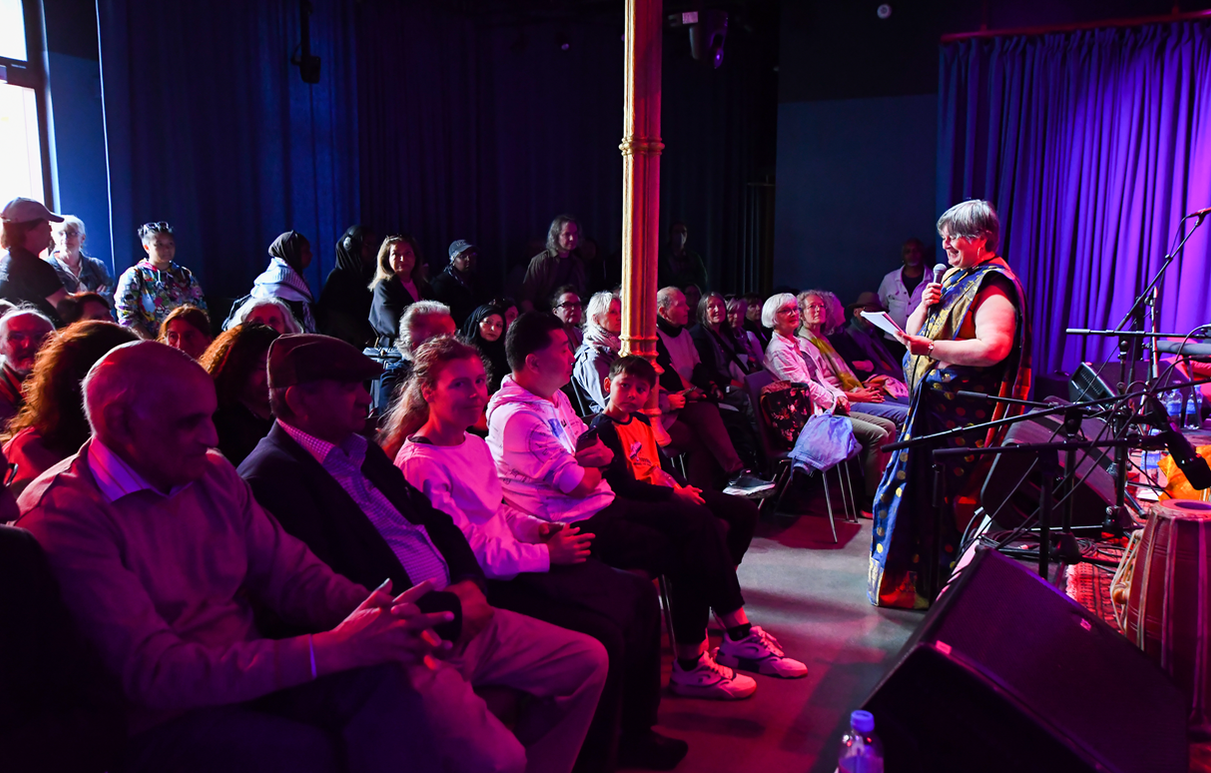
2. “You translated Ibsen, and now you are translating Fosse. What do they have in common (if anything), and what is different (except for the Nobel Prize)? Their texts must be difficult for a translator in different ways, but how is it for you? Is your experience translating poetry of any help here?”
We were part of the project “Ibsen in Translation,” you and I, Olga, where we received a lot of input from the Centre for Ibsen Studies. I translated Ibsen for ten years. In the end, I knew Ibsen so well that I understood where he was going; I grasped the way he thought. With Jon Fosse, it has taken time to enter his world. I have published three of his plays in Hindi and am working on the fourth. It is easier now than it was at the beginning. However, I struggle with his wordplay; it can be challenging to achieve in Hindi. In “Einkvan,” he plays a bit with the words “årsak” and “orsak”. I cannot find Hindi words that sound similar but have the same meaning as the Norwegian words.
Is there any Norwegian book that has not yet been translated into Hindi that you long to translate?
Unfortunately, most Norwegian books have not been translated into Hindi. However, I have wanted to translate Håvamål since high school.
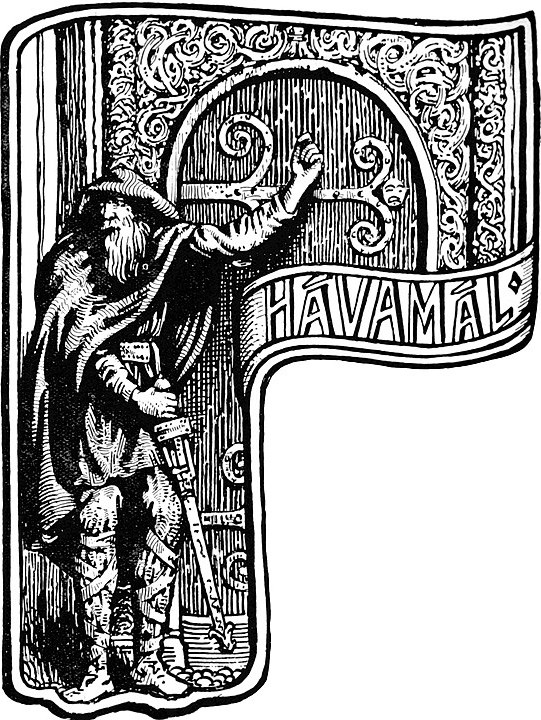
Do you choose the books you want to work on yourself? And if so, how do you do it?
I have chosen some of the books, while I have been asked to translate others. I decided to work on Fosse during the pandemic. Several of my translator friends had translated him. I had just finished 12 plays by Ibsen, was stuck in Goa in India, and had very little to do. That was when I thought of translating Fosse.
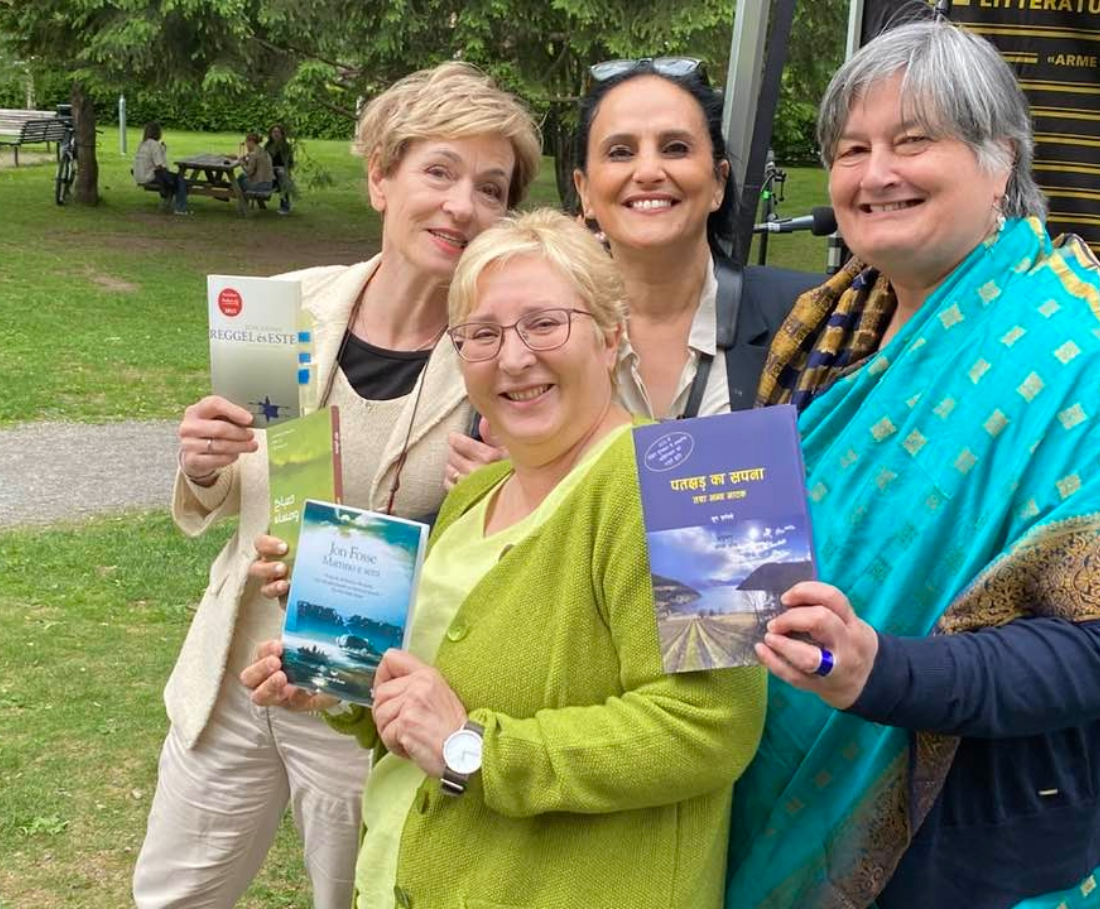
Do you listen to music when you translate, and if so, what?
Not always; sometimes I want complete silence, but I enjoy listening to jazz, Indian classical music, rock, and the blues.
Is there a particular Norwegian book that is close to your heart? If so, why is it special to you?
I have always had a deep appreciation for poetry, especially the works of Norwegian poets like Olav H. Hauge, Hans Børli, and Paal Brekke. However, there is one poetry anthology that I particularly enjoy: Kolbein Falkeid Collected Poems. I admire his ability to be down-to-earth while conveying philosophical and reflective themes.
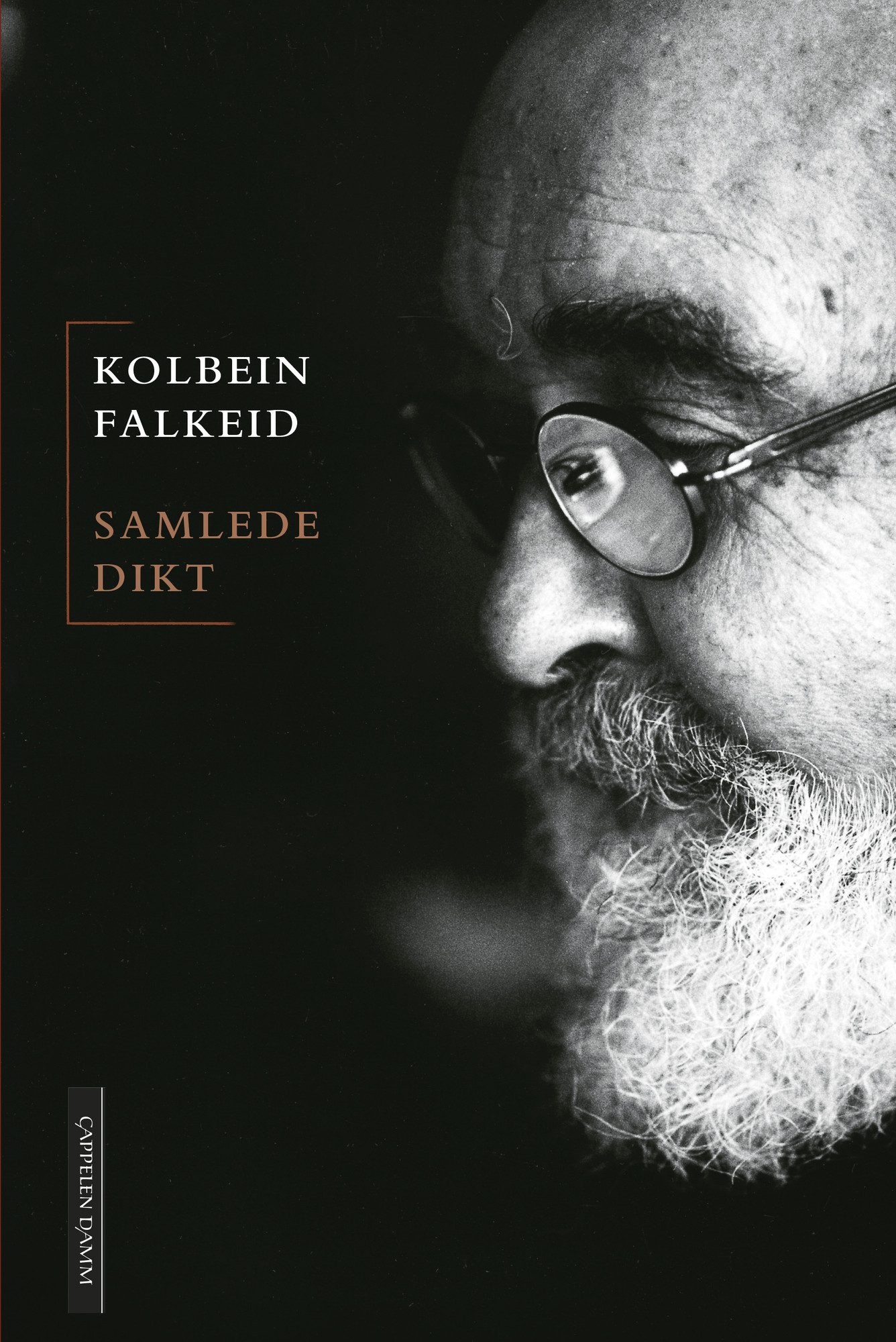
Read more
Learn more about Astri on Books from Norway.
Those of you who understand Norwegian can read her interview in full here.
More about the “Ibsen in Translation” project here.
Other translators interviewed in the Translator of the Month series.

